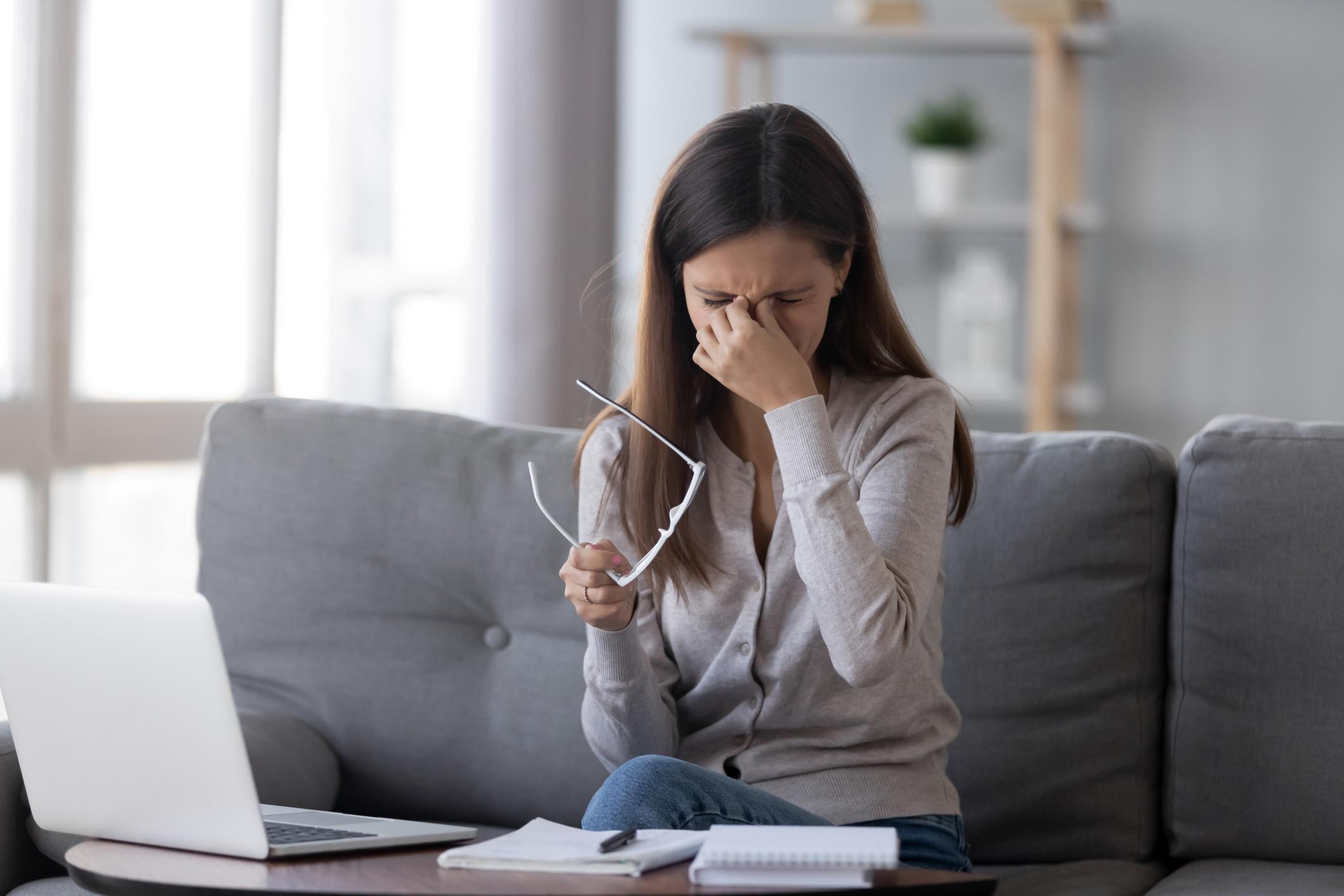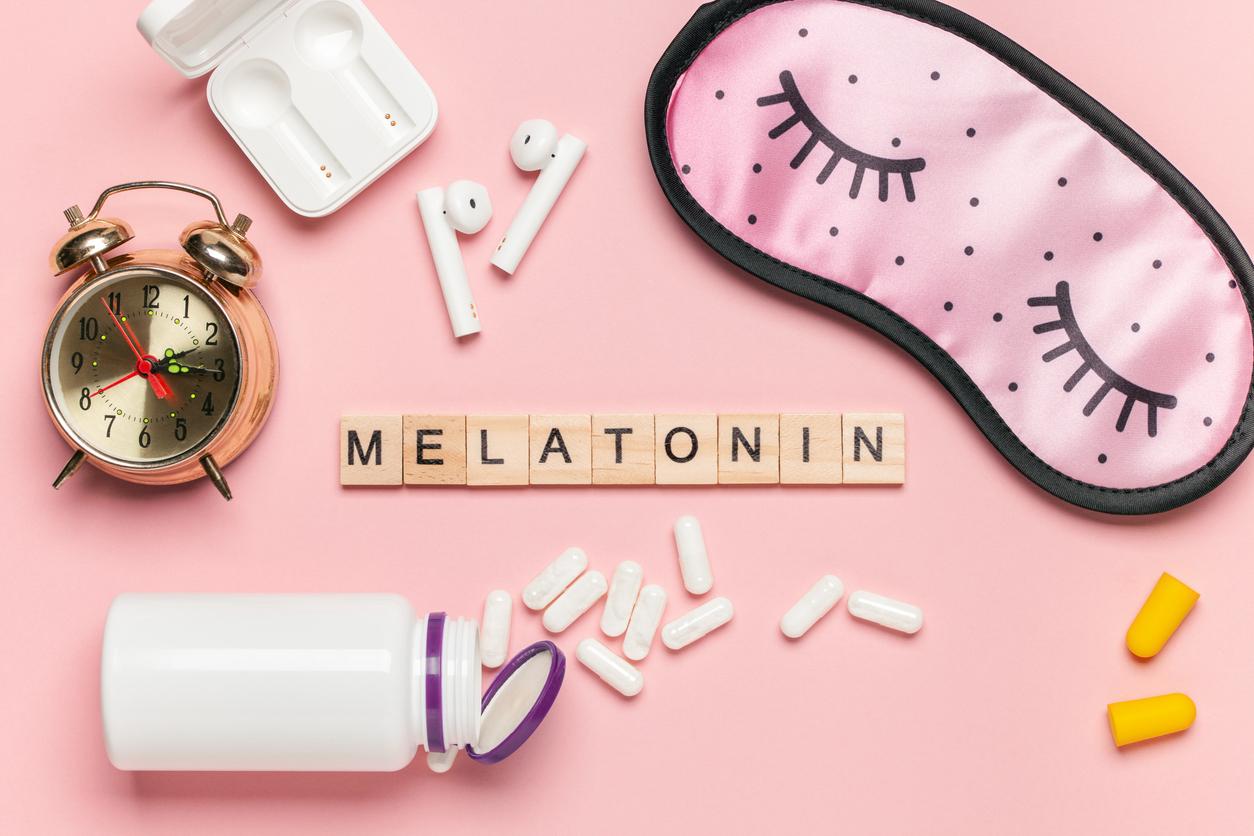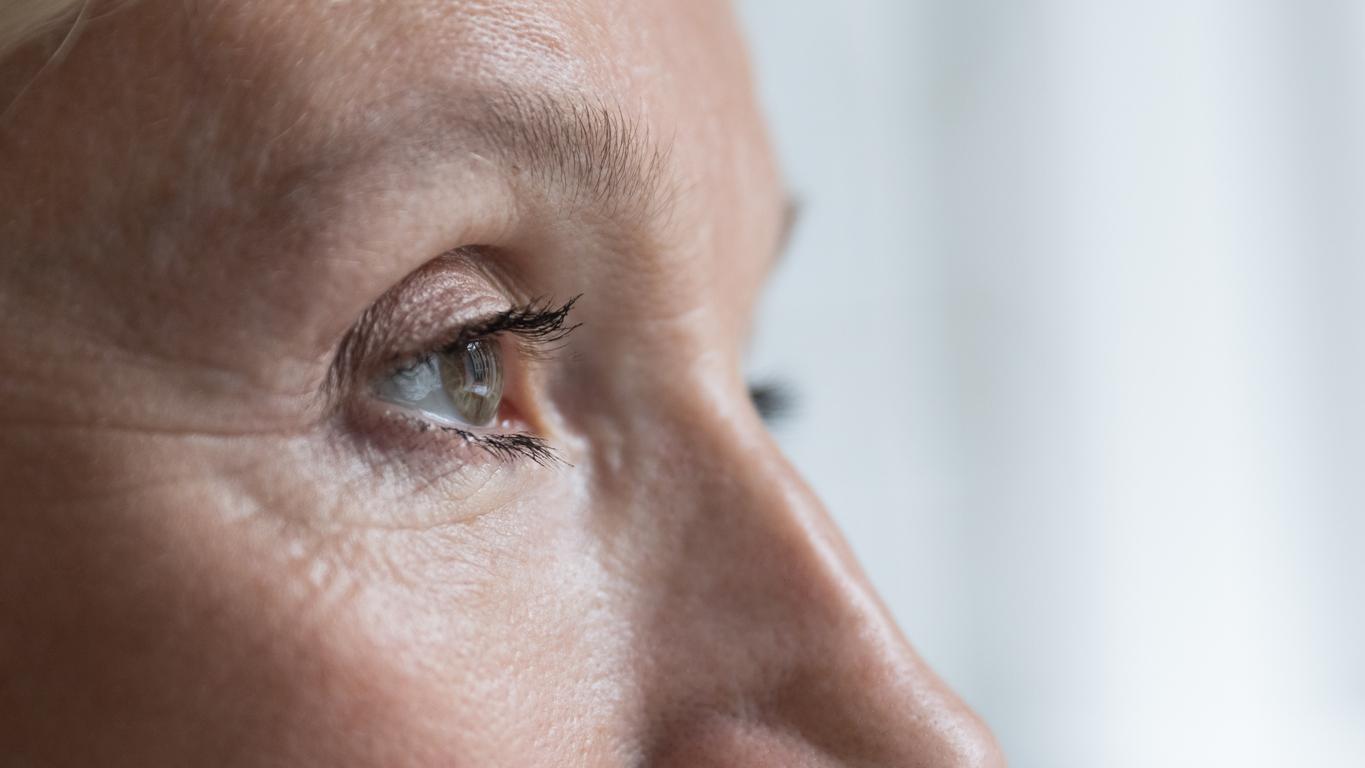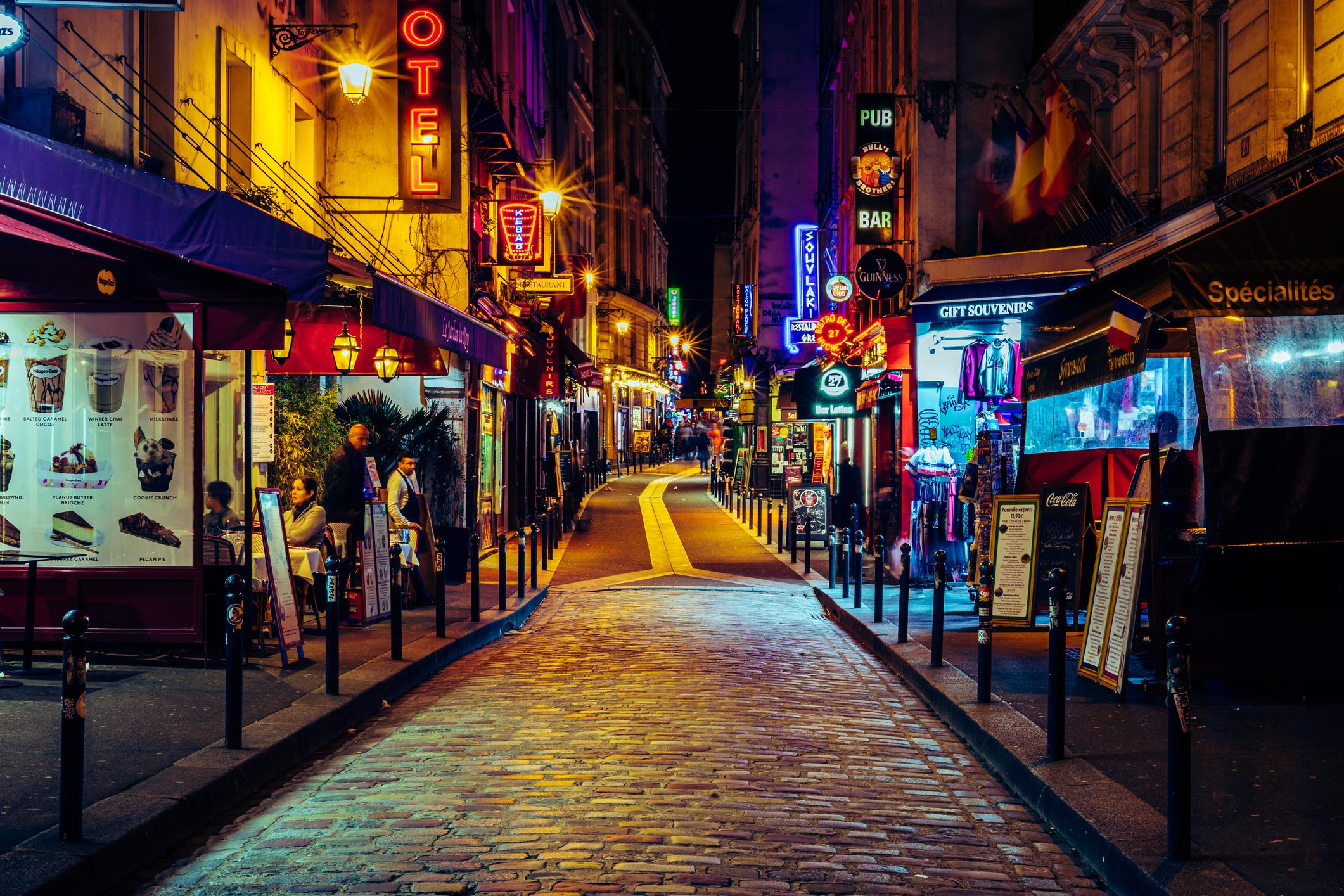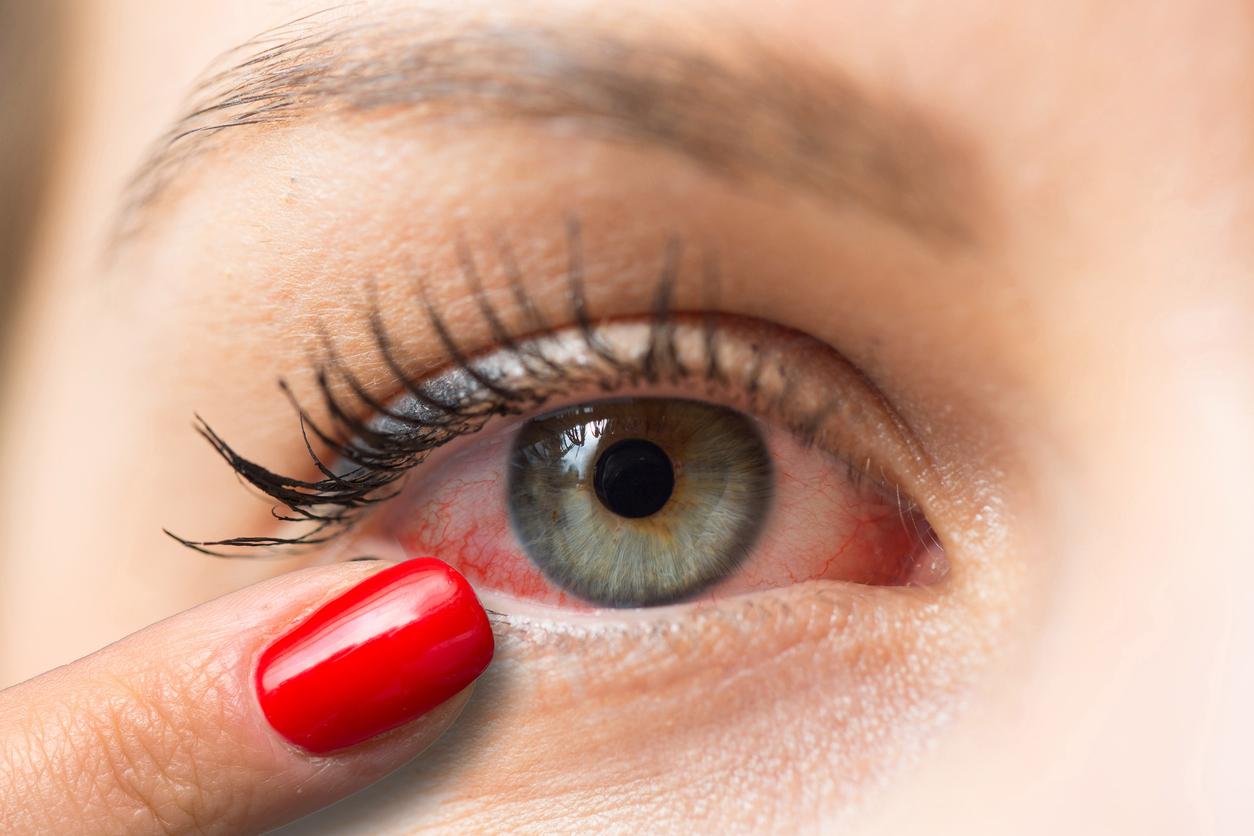Don’t let an eye problem ruin your vacation. Doctor Barbara Ameline, ophthalmologist and member of the board of directors of the French Society of Ophthalmology, warns against the harmful effects of the sun on our corneas.
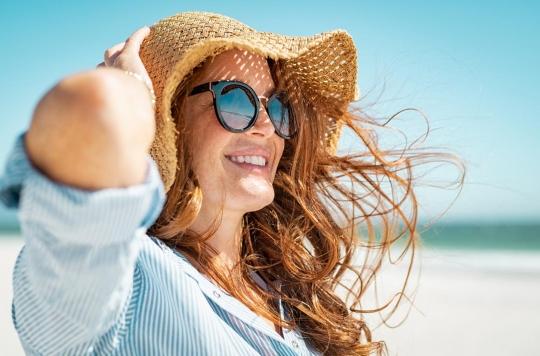
- Protect yourself from UV with your sunglasses both at the beach and in the mountains.
- If your eyes hurt, ask a pharmacist for advice; if your sight decreases, consult an ophthalmologist urgently
Who has never put their hand in front of their eyes when entering a beach? If the sun is certainly the best friend of morale on vacation, it is absolutely not that of our vision. “Ultraviolet (UV) damages the ocular surface which can cause keratitis [inflammation de la cornée, NDLR], recalls Dr. Barbara Ameline, member of the Board of Directors of the French Society of Ophthalmology (SFO). As it is difficult to perceive the level of UV, which differs from sunshine since it passes through the clouds, so you have to wear sunglasses as soon as you step outside.” A recommendation that is all the more true for the youngest. “It’s not a gimmickshe insists. Children have a larger pupil diameter than adults, so they are much more sensitive to UV.”
To each vision, its solution. If you do not wear vision correction, the doctor recommends wearing sunglasses with UV filters; if you already wear glasses, add polarized over-glasses; as for the users of contact lenses, they are not exempt from sunglasses despite the presence of a small anti-UV protection on the lenses themselves.
Eye sunburn
This protection is all the more essential if you stay at altitude where the intensity of UV rays increases by 2% for every 100 of altitude difference. There, UV strikes the cornea in a direct or indirect way – reflection of the sun on snow, water or rock – and can cause a “sunburn of the sight” also called a “snow blindness”. “I seem to see less and less because people pay more attentionreassures Barbara Ameline. This accident appears when you have not protected yourself from UV – especially with sunglasses -, in the presence of dry air and wind. A disease that can also strike hikers in the summer. Some mountain professionals recommend in the high mountains the use of category IV goggles – which filter up to 97% of the light – with covers and a second pair of goggles.
This inconvenience occurs more in people with naturally dry eyes. “If this happens to you, you must protect yourself immediately with sunglasses and apply artificial tears, preferably without preservatives.explains Barbara Ameline. In addition, it is also possible to stimulate your tear film by massaging the eyelids that you have previously heated with your hands or a hot towel.”
For this ophthalmologist, it is not eye pain that should push patients to consult but the decline in vision. “If the sight deteriorates, you must go see an ophthalmologist urgently because it can be ophthalmia [inflammation de l’œil, NLDR] or an abscess that beginsshe warns. This can lead to irrevocable loss of vision if placed incorrectly. There, no glasses or lenses will be able to catch up.” To your sunglasses!
.










